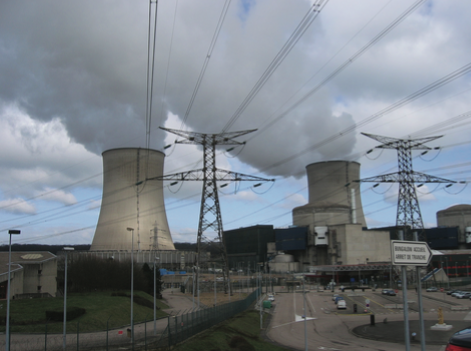Peter Speetjens
Peter is a journalist currently based in São Paulo. After completing law studies in Rotterdam, he embarked on a journey to explore the world, spending a year in India before spending around 20 years in the Middle East and eventually relocating to Brazil. His work has appeared in both Dutch and English language media, including Trouw, De Groene, De Standaard, Hard Gras, NRC, The Blizzard, MO Magazine, Middle East Eye, and Mongabay. Fluent in five languages, he also enjoys photography and co-authored the documentary "2000 Terrorists," which was broadcast by Al Jazeera in 2004.

